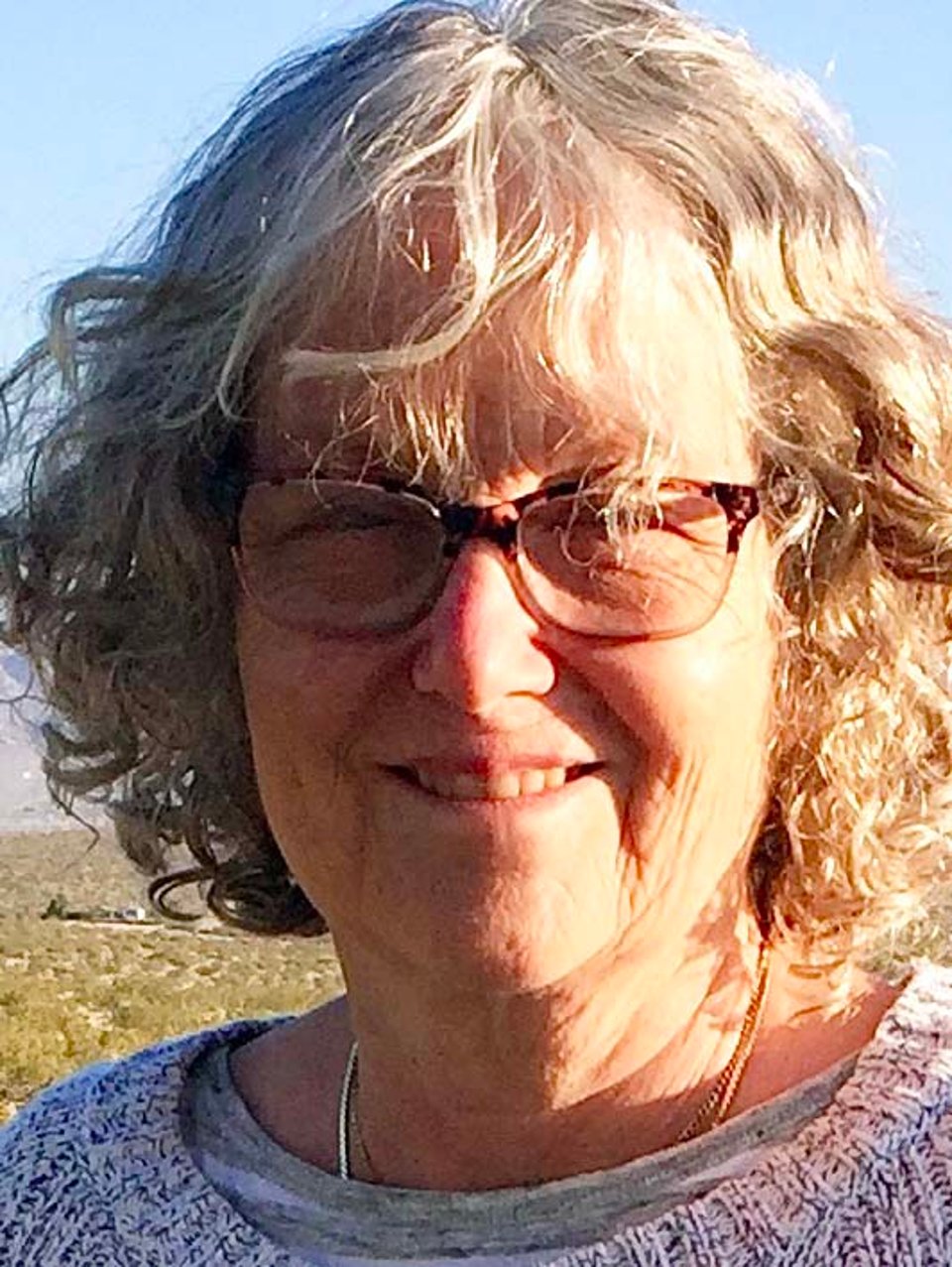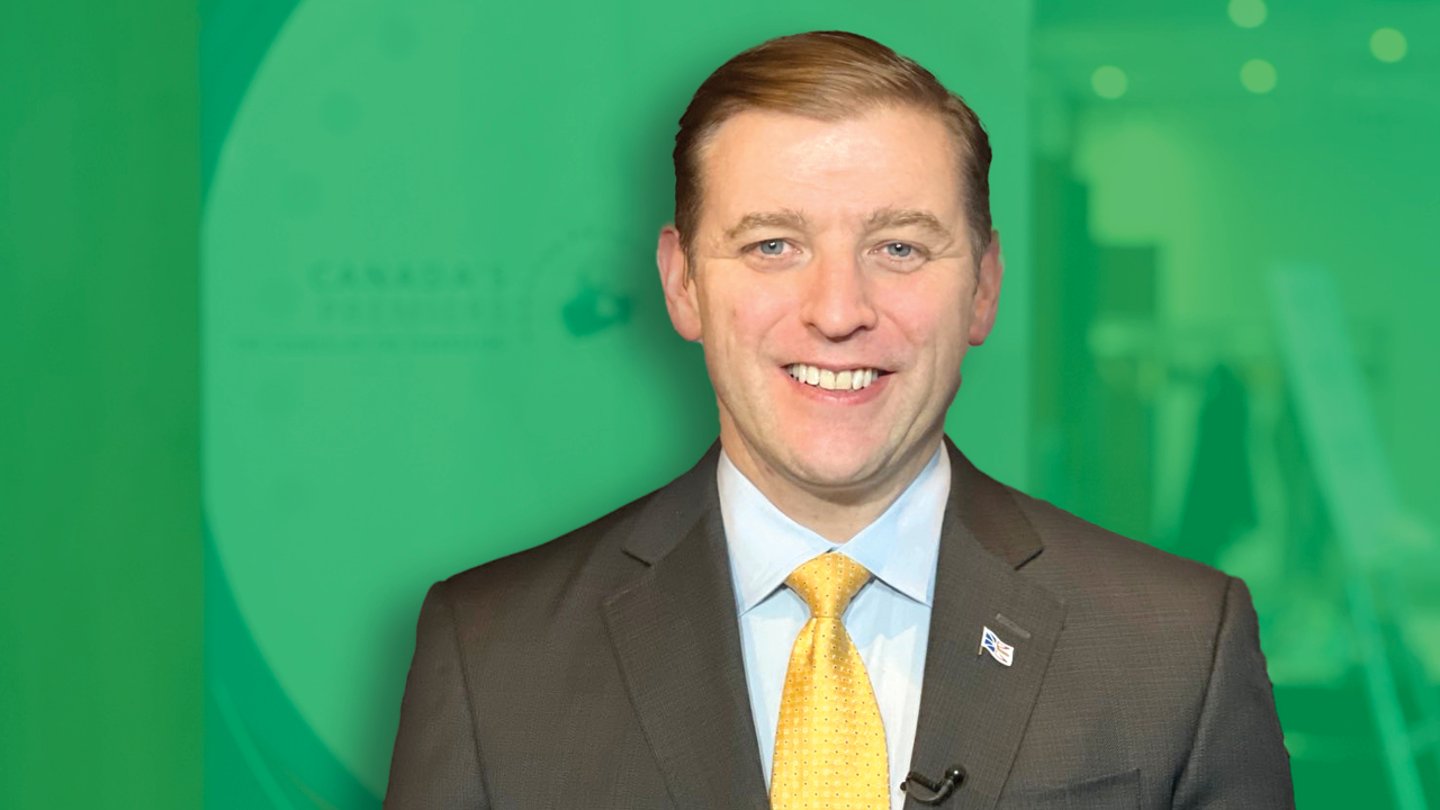A physician premier’s take on doctor recruitment
Dr. Andrew Furey is an orthopedic trauma surgeon and a 2001 medical graduate of Memorial University, Newfoundland (MUN). He has a diploma in organizational leadership from Oxford University, a masters in clinical epidemiology from MUN, and responded to the 2010 Haiti earthquake that killed 100,000 to 160,000 people by getting on a plane, putting on his scrubs and doing operations on survivors at a hospital in Port-au-Prince, sometimes with no light or electricity.
That led to his founding of Team Broken Earth, a humanitarian relief group that continues to send physician volunteers to Haiti, as well as to other countries in dire need of relief workers. He wrote a book about it, published by Penguin/Random House: Hope in the Balance: A Newfoundland Doctor Meets a World in Crisis. He journaled pretty regularly in a blog too (andrewfurey.ca). That is, until he got a little—busy.
On Aug. 19, 2020, just as the pandemic was gathering momentum, Dr. Furey became premier of Newfoundland and Labrador (N.L.). He wanted to be able to do more. You can save lives and alter the course of a catastrophic injury as an orthopedic surgeon, but as premier, you can initiate strategies to help fix entire systems—such as healthcare.
As a physician premier, Dr. Furey has created a hands-on approach to drawing physicians to the province— acting on his knowledge and speaking recruitment doctor-to-doctor.
Read: Three problems, three solutions (with Dr. Furey and others)
Tackling the doctor shortage
N.L.—like every other province—is struggling with a critical shortage of doctors. Dr. Furey traveled to Ireland with a delegation last year and met with medical students who are studying at Trinity College Dublin and the Royal College of Surgeons in Ireland.
“It was an opportunity for us to get in front of Canadians training abroad,” he said in an interview with the Medical Post. “We wanted to make them aware of Memorial University, make them aware of Newfoundland and Labrador and the incentives that we have in place for practice.”
“We also wanted them to know about the special stream of family medicine positions that we have created (at MUN) for international medical graduates (IMGs), but more specifically geared toward Canadians training abroad. So it was good to hear their views and (the personal meetings) yielded many strong applications for the five positions that we had.”
Attracting graduates from Irish medical schools is a highly competitive endeavour. Ireland would just as soon keep them. Prince Edward Island and Nova Scotia have sent delegations, and so do the Americans. But the five new IMG-designated FP positions at MUN were filled in the Canadian Residency Matching Service (CaRMS) first iteration. That group will be starting their residency at MUN this coming July. The positions come with a five-year return of service (ROS) commitment to live and work in N.L.
It was a good investment, and reaching out to Ireland as a source of physicians is a tradition that spans the decades in N.L.
“There’s a substantial portion of our specialists currently in the halls of our hospitals who came from Ireland,” Dr. Furey noted. “And now, you know, their kids are practicing. . . . It’s quite interesting to see this next generation of attachment.”
The premier said he plans to add two additional IMG- designated positions at MUN within the next couple of years. They will be family practice/emergency positions within the department of internal medicine.
Training residents with an ROS commitment will yield more doctors two or three-years from now. Streamlining the province’s previously very cumbersome assessment and licensing protocols will draw already trained doctors (both IMG and Canadian) into the system faster, and Dr. Furey has taken that step as well—in a bold way.
“We changed the Medical Act back in the fall of 2022,” he said.
Under the amendments to the act, the N.L. minister of health and community services now has the power to determine the qualifications and select the medical schools that allow an incoming physician to attain a licence in the province. The minister is advised in making these decisions by a five-person panel comprising two people from the College of Physicians and Surgeons of N.L., two physicians from the province’s health authorities and an independent representative of the department of health.
Dr. Furey believes the changes have enabled the elimination of cumbersome barriers that have discouraged IMGs—and other physicians—from working in N.L.
“For a surgeon who’s practicing in Calgary, who either wants to move to, or locum in N.L., we have reduced the red tape so they can now receive a N.L. license with only two pieces of paperwork, and a turnaround time at our college of only 48 hours,” he said. “It used to be 30 days.”
“There is a pool of people who have been practising in countries with similar training and medical practices to Canada. For example, Ireland and the U.K. It used to be incredibly onerous, where you had to have an English proficiency test. And you would have to write the LMCC. And now we basically require a proof of license in good standing in the U.K. or Ireland, proof of training in those jurisdictions. And then I think it’s just one letter of reference when it can be turned around very quickly as well.”
For IMGs from a broader range of countries, N.L. has streamlined the practice readiness program at MUN that credentials IMGs from other countries, with an exam at the end. That process can be completed now in about 12 weeks.
Dr. Furey is optimistic that these initiatives will draw doctors to the province. “Goodness, I hope so. It’s been a heavy lift.”
Creating financial incentives
Dr. Furey believes that for physicians returning home to N.L., choosing to stay, or coming as new recruits, quality of life is the province’s biggest selling point. But he’s created some financial incentives to act as a carrot:
The Undergraduate Medical Student Bursary Program: an application-based program-available to 21 full-time fourth year medical students at MUN. The successful candidates agree to a 12-month ROS in return for the bursary. This year there was enough money to offer bursaries to all 22 applicants. According to the Premier’s Office, no students have defaulted on their service agreement so far.
Other financial incentives include a Medical Resident Program (that offers up to $90,000 to residents who agree to provide service in a designated N.L. community upon obtaining full licensure) and the “Come Home” initiative that reaches out to N.L. medical graduates who are practising elsewhere but would like to return to their home province (80 physicians have responded to this initiative).
The Family Practice Start-Up Program offers thousands of dollars to recruit and retain health professionals in exchange for ROS.
“If you move to Newfoundland and Labrador right now, depending on your credentials, and depending on what you’re signing for us, you could end up with anywhere between $150,000 to $300,000,” Dr. Furey said.
To make working conditions more attractive, he has recently negotiated with the NLMA for there to be a blended capitation payment option for physicians who would prefer it.
“There is a significant paradigm shift occurring in the way that people are practicing medicine—and by the way, that doesn’t apply just to physicians, that extends to nurses and others,” he said. It’s about “proper and well overdue consideration to work-life balance, and achieving one’s professional and personal goals and life.”
“We see the value that young physicians and young graduates put on that. And so we want to make sure that we’re creating an environment that satisfies those needs, because you can incentivize with fiscal instruments, but really, it’s that work-life balance that personal space, that personal freedom, to enjoy life while practicing medicine that I think is the biggest incentive. So we are very much focused on family care teams, which we’re encouraging, and we’re incentivizing family practice docs to join a team-based practice (which would include nurses, nurse practitioners, administrative assistants). That would alleviate the administrative burden of medicine,” he said.
Altogether, that’s a big bundle of recruitment and retention initiatives. As in every other Canadian province right now, the pressure is on to show the initiatives are strong enough to turn things around—fast.
“I’ve been in front of the family practice residents myself, taking this very personally,” Dr. Furey said, stressing his desire “to get involved and make sure that they understand where we’re heading, what’s available to them in terms of financial incentives, and what the vision is to ultimately shape their practice in that wider landscape of medicine and the practice of primary care.”


